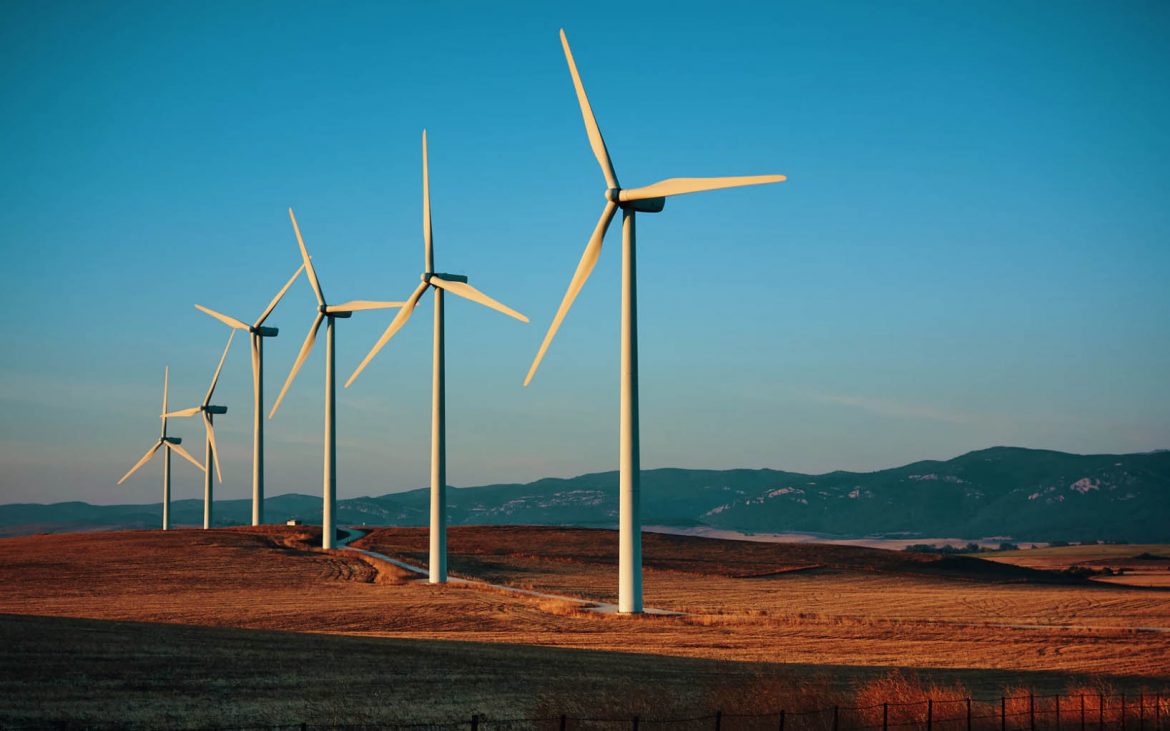The Australian government says it may delay the announcement of a 2035 climate target until after the February deadline and beyond the next election, in part due to uncertainty about the ramifications of the US presidential election.
Reports show that some big emitting countries are already lagging in developing their 2035 emissions reduction targets, which under the Paris climate agreement are due before the UN climate summit in Belém, Brazil, in November next year.
Major investors said that they were comfortable with countries delaying target announcements if it meant they did the work to make a commitment that was “aligned with science” and reaching “for the highest possible level of ambition”.
The Investor Group on Climate Change said Australia’s target should also be based on the advice from the Climate Change Authority. The authority has suggested Australia could meet an “ambitious” target of cutting emissions by at least 65% and up to 75% below 2005 levels by 2035, but is yet to make its final recommendation.
Globally, governments are watching the US election before finalising their 2035 commitments. Observers believe Kamala Harris will quickly announce a target if successful but Donald Trump, who has called the climate crisis a “hoax”, has said he would again pull the US out of the Paris deal.
Read also: WMO report shows Africa faces burden from climate change, adaptation costs
The climate change department’s website says Australia’s updated global climate commitment – called a “nationally determined contribution” – including the 2035 target was due by the end of February 2025.
But the investor group’s director of policy, Erwin Jackson, said the ultimate political deadline for the 2035 target was just before the Belém conference. Jackson said the US election would decide whether that country would be a target pacesetter.
“A Harris presidency would likely see the US continue to exert pressure on all countries, including Australia, to set a strong 2035 target as soon as possible,” he said.
“A Trump presidency would see the US leave the field and create a climate leadership vacuum internationally for a few years.
“Countries will still come forward with new 2035 targets, but this might be delayed as new climate leadership coalitions are formed.”
Jackson said setting targets and putting in place policies to achieve them required a lot of work, and a delay was reasonable if it led to greater ambition. “A Trump presidency will not change the fact that solar, wind and other renewable energy is the cheapest form of electricity generation,” he said.
Story was adapted from the Guardian.
